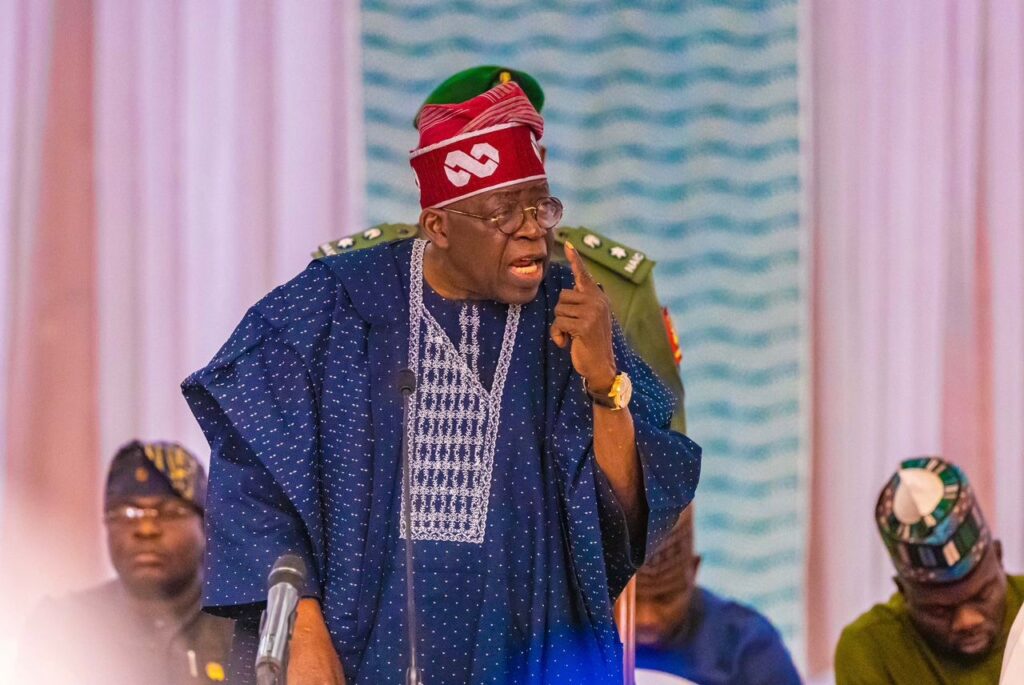
By Usman Ishaq Shehu
PhD Candidate | Editor in Chief, J.O.Comms | Public Affairs Analyst and Strategic Communicator
Recent criticisms of the ₦712.3 billion approved by President Bola Ahmed Tinubu for the comprehensive upgrade of the Murtala Muhammed International Airport MMIA in Lagos have sparked concerns, especially from citizens in Northern Nigeria. Some have questioned why such a significant amount is being concentrated in the South while parts of the North continue to grapple with infrastructure deficits. These concerns are valid in a democracy where every region deserves fair and equitable development. However, a closer look reveals that the MMIA overhaul is not a regional favour but a nationally strategic investment that will ultimately benefit every Nigerian, regardless of geography.
The MMIA Is a National Gateway Not a Regional Asset
The MMIA is not a Lagos airport in the narrow sense. It is Nigeria’s primary international aviation hub and handles over 60 percent of the country’s air traffic. It is the first and last point of contact for millions of international travelers, business executives, diaspora Nigerians, Hajj pilgrims, government officials and cargo movements. Many of these travelers are from the North and transit through Lagos to connect to the global economy.
Upgrading MMIA is therefore not about Lagos. It is about projecting Nigeria’s global image, improving efficiency in customs and cargo processing, enhancing the country’s business climate and attracting investment to every part of Nigeria including the North. A modernized MMIA means faster clearance for agricultural exports from Kano, Jigawa or Niger, better connection for Northern businessmen travelling abroad and a boost for the entire economy through enhanced air logistics.
Funded Without Loans A Sign of Responsible Governance
One of the most commendable aspects of this project is that it will be fully funded from savings made through the removal of petrol subsidy under the Renewed Hope Infrastructure Development Fund. President Tinubu has made it clear that the ₦712.3 billion will not be funded by borrowing or international loans.
This approach protects Nigeria’s future generations from debt burdens and demonstrates a clear departure from wasteful borrowing which many past administrations indulged in. The funding structure is in line with President Tinubu’s philosophy of fiscal discipline and sustainable development, a direction that will benefit all Nigerians regardless of region.
A Balanced National Approach is Underway
It is also important to note that this administration is not prioritizing Lagos alone. President Tinubu has launched massive rural electrification projects in Northern states, approved billions for Kano Katsina road rehabilitation and recently backed large scale interventions in agriculture and security operations across the North East and North West. The Renewed Hope Agenda is holistic and inclusive. What is needed is patience and unity in seeing the fruits of a multi sector nationwide vision.
Comparing Global Standards Nigeria Cannot Afford to Be Left Behind
It is worth noting that the ₦712 billion project is not extravagant by global standards. The JFK Airport in New York is undergoing a 19 billion dollar upgrade while Saudi Arabia is building airports worth over 10 billion dollars. By contrast, Nigeria’s MMIA project roughly 500 million dollars is modest but necessary.
Critics who question the cost must also ask what is the cost of doing nothing? Outdated terminals, broken facilities, flight delays and security lapses at our primary international airport only damage our economy and national image.
Northern Interests Are Tied to National Strength
Ultimately Northern prosperity is linked to national prosperity. A more efficient airport means more exports, more tourism, more investment and more economic activity that reaches all corners of Nigeria. What the Tinubu administration is doing is laying down critical infrastructure that connects the regions, strengthens national integration and lifts the entire economy.
As Northerners and as Nigerians we must judge projects not only by where they are located but by how they benefit the country as a whole. The MMIA upgrade though physically in Lagos is a strategic investment that serves the collective interest of all Nigerians.
Rather than oppose it we should demand more inclusion in future phases and trust that this administration is committed to spreading development equitably across all six geopolitical zones.
